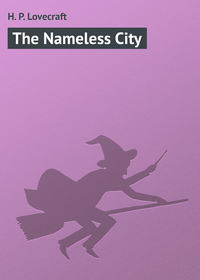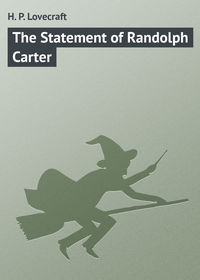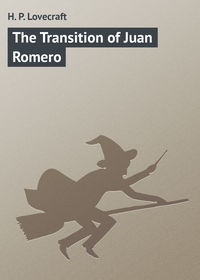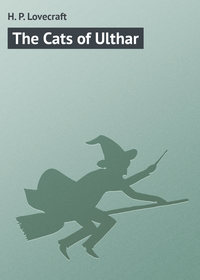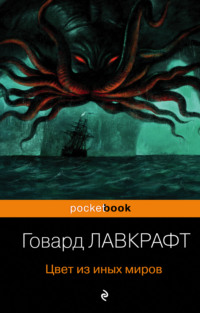Dagon and Other Macabre Tales

Полная версия
Dagon and Other Macabre Tales
Жанр: ужасы / мистикафэнтезисказкисовременная зарубежная литературазарубежное фэнтезиужасыфольклоргероическое фэнтези
Язык: Английский
Год издания: 2019
Добавлена:
Настройки чтения
Размер шрифта
Высота строк
Поля
Конец ознакомительного фрагмента
Купить и скачать всю книгу

